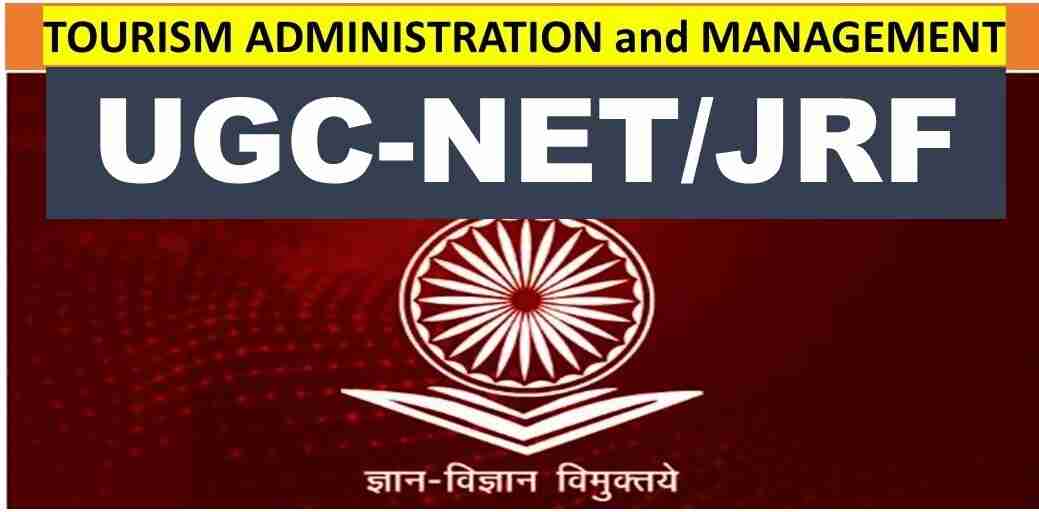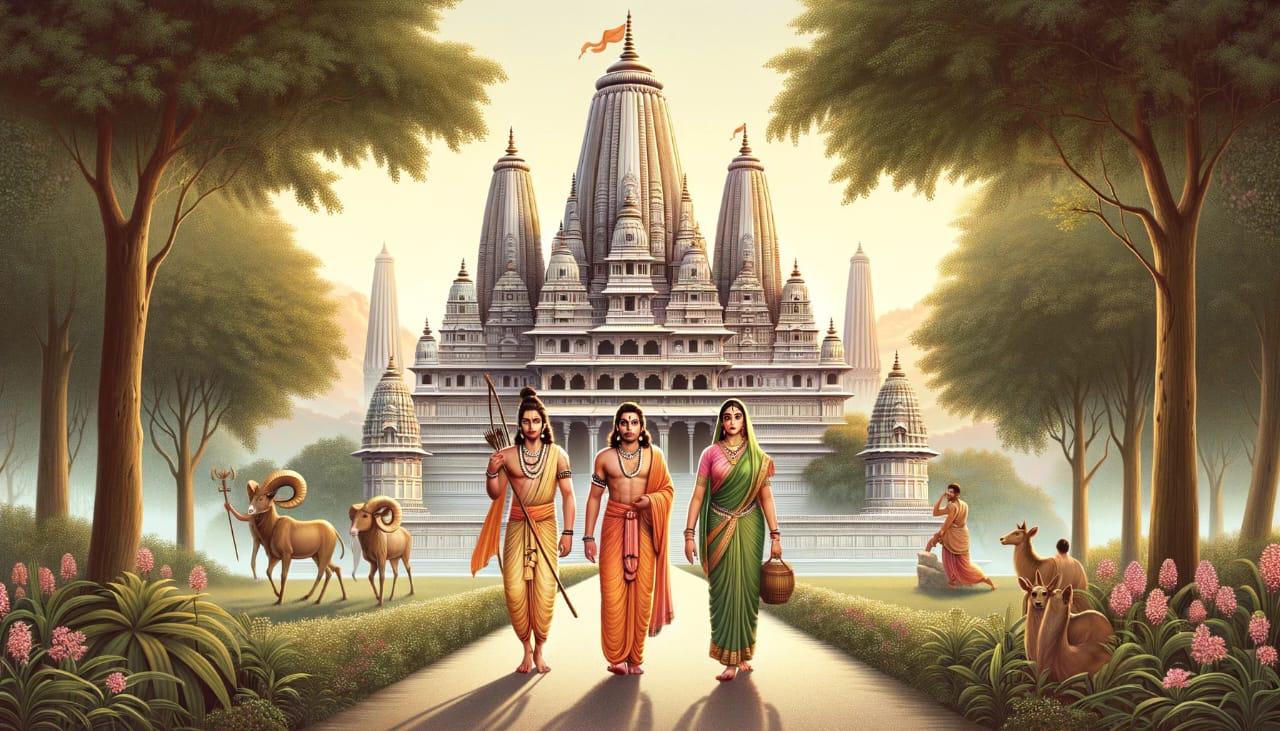The article gives information on 6 Unique South Indian Festivals You should Witness.
South India has various unique and vibrant festivals that reflect the region’s rich cultural diversity, spirituality, and traditions. Here are some of the 6 Unique South Indian Festivals You should Witness:

- Onam (Kerala)
Onam is a vibrant and important festival in Kerala, India, celebrating the legendary King Mahabali’s homecoming and the harvest season. It’s a festival rooted in Hindu traditions but is enjoyed by people of all religions in Kerala.
Key Highlights:
- Cultural Significance: Onam honours the visit of King Mahabali, a much-loved ruler in Kerala’s mythology.
- Duration: The festival lasts for 10 days, with Thiruvonam being the most important day.
Traditions:
- Pook Alam: Colourful flower designs made on the ground.
- Onasadya: A big feast with many traditional dishes on banana leaves.
- Vallam Kali: Exciting snake boat races.
- Thiruvathira Kali: A graceful dance performed by women.
Since 1961, the Kerala government has promoted Onam to boost tourism and celebrate Kerala’s rich culture. It’s a joyful time of unity and pride for the people of Kerala.

- Pongal (Tamil Nadu)
Pongal is a major harvest festival celebrated in Tamil Nadu, India, usually in mid-January. It lasts four days and marks the start of the Tamil month of Thai, celebrating the harvest and giving thanks to the Sun God.
Key Highlights:
- Cultural Significance: Pongal is a thanksgiving festival for the Sun God, Surya, and celebrates the harvest season.
- Duration: Bhogi Pongal: The first day, where old items are burned, and new beginnings are celebrated.
- Thai Pongal: The main day, where the traditional dish “Pongal” is prepared to thank the Sun.
- Mattu Pongal: The third day, dedicated to honouring and decorating cattle.
- Kaanum Pongal: The final day, when families gather and celebrate together.
Traditions:
- Pongal Dish: A sweet dish made with fresh rice, milk, and jaggery.
- Kolam: Beautiful decorative patterns drawn outside homes.
- Jallikattu: A traditional bull-taming sport.
- Folk Dances: Performances like Mayilattam and Kolattam add to the festivities.
Pongal is a joyful celebration of gratitude, community, and the blessings of the harvest in Tamil Nadu.

- Hampi Festival (Karnataka)
The Hampi Festival, also called Hampi Utsav or Vijaya Utsav, is a grand celebration held in Hampi, Karnataka. It honours the region’s rich cultural heritage and dates back to the times of the Vijayanagara Empire.
Key Highlights:
- Historical Significance: The festival celebrates the glory of the Vijayanagara Empire, showcasing Karnataka’s cultural history.
- Duration: It lasts for three days, usually in the first week of November.
- Location: Held amidst the ancient ruins of Hampi, a UNESCO World Heritage Site.
Events and Activities:
- Cultural Performances: Enjoy traditional music, dance, and drama by famous artists.
- Processions: See beautifully decorated elephants, horses, and performers dressed in traditional attire.
- Light and Sound Show: The monuments of Hampi are lit up, creating a magical scene for the celebrations.
- Folk Arts: Experience local crafts, puppet shows, and folk songs that highlight the region’s culture.
- Adventure and Water Sports: Fun activities like kite flying and water sports add excitement to the event.
The Hampi Festival is a colourful and vibrant showcase of Karnataka’s cultural legacy, drawing visitors from all over the world to enjoy the lively atmosphere.

- Brahmotsavam (Andhra Pradesh)
Brahmotsavam is a grand Hindu festival celebrated every year at the Tirumala Venkateswara Temple in Tirupati, Andhra Pradesh. It is a time of great spiritual importance and is celebrated with devotion and joy.
Key Highlights:
- Historical Significance: It is believed that Lord Brahma started this festival to honour Lord Venkateswara (an avatar of Vishnu) for protecting humanity.
- Duration: The festival lasts for nine days, usually in September or October.
Rituals and Events:
- Anurarpana: A special ritual for fertility, performed on the first day.
- Daily Processions: Each day, the idol of Lord Venkateswara, along with Sridevi and Bhudevi, is taken out in a grand procession on beautifully decorated vahanas (chariots).
- Dwajarohanam: The flag hoisting ceremony marks the beginning of the festival, and the flag is lowered on the last day.
- Rathotsavam: On the eighth day, there’s a grand chariot procession where devotees pull the chariot carrying the deities.

- Ugadi (Andhra Pradesh, Telangana, Karnataka)
Ugadi, also known as Yugadi, is the New Year’s Day according to the Hindu calendar, celebrated in Andhra Pradesh, Telangana, and Karnataka. It marks the start of a new year and is a time for fresh beginnings.
Key Highlights:
- Cultural Significance: Ugadi symbolizes the beginning of a new era, with the name coming from the Sanskrit words “yuga” (age) and “adi” (beginning).
- Date: It is celebrated on the first day of the Hindu lunisolar month Chaitra, usually in March or April.
Traditions:
- Ugadi Pachadi: A special dish made with tamarind, neem flowers, jaggery, raw mango, and more. It represents the different experiences of life—sweet, sour, bitter, and spicy.
- Rangoli: Colourful patterns are drawn at the entrance of homes to welcome the new year.
- Mango Leaf Decorations: Homes are decorated with mango leaves for prosperity.
- Oil Baths and New Clothes: People take oil baths and wear new clothes to mark the occasion.
- Temple Visits: Devotees visit temples, offer prayers, and listen to the predictions for the new year (panchanga sravanam).
Ugadi is a joyful time of renewal, celebrating life’s different flavours and looking forward to the future with hope.

- Karthigai Deepam (Tamil Nadu)
Karthigai Deepam, also known as Karthika Deepam, is a major festival of lights celebrated in Tamil Nadu. It is a time for spiritual reflection and the celebration of light over darkness.
Key Highlights:
- Cultural Significance: The festival is dedicated to Lord Shiva and his son Lord Murugan. It symbolizes the victory of light over darkness and the removal of negative energies.
- Date: Karthigai Deepam is observed on the full moon day of the Tamil month Karthigai, usually in November or December.
Traditions:
- Lighting of Lamps: People light oil lamps (agal vilakku) in their homes and temples to drive away evil spirits and bring prosperity.
- Kolam: Beautiful patterns made with rice flour are drawn at the entrance of homes.
- Special Pujas: Devotees perform prayers and rituals in temples. At the Arunachaleswarar Temple in Tiruvannamalai, a giant lamp is lit on Annamalai Hill as a key part of the celebrations.
- Fasting and Feasting: Many people fast during the day and break their fast with special dishes after sunset.
Karthigai Deepam is a time for devotion, lighting lamps, and celebrating the power of light with family and community.


